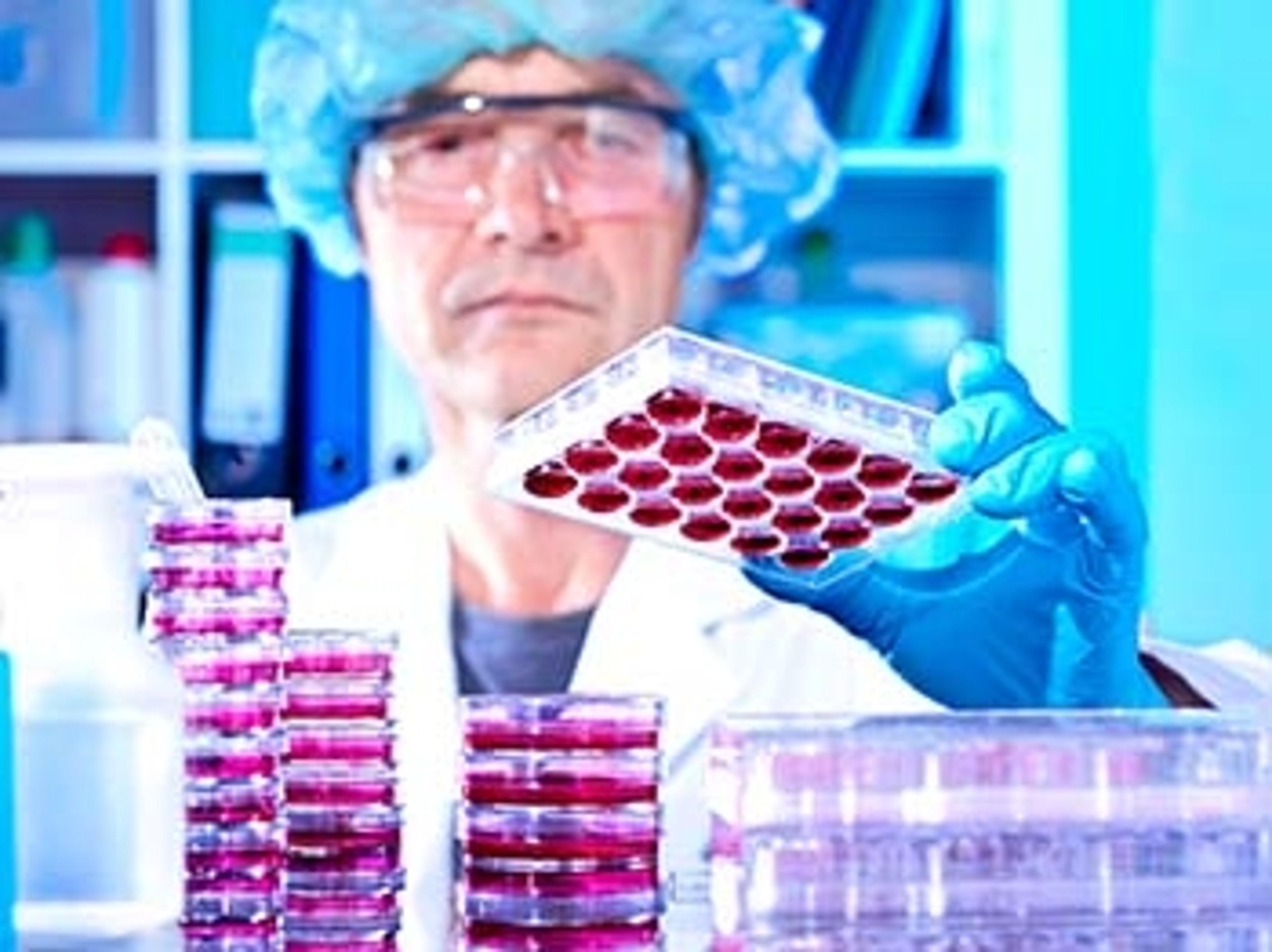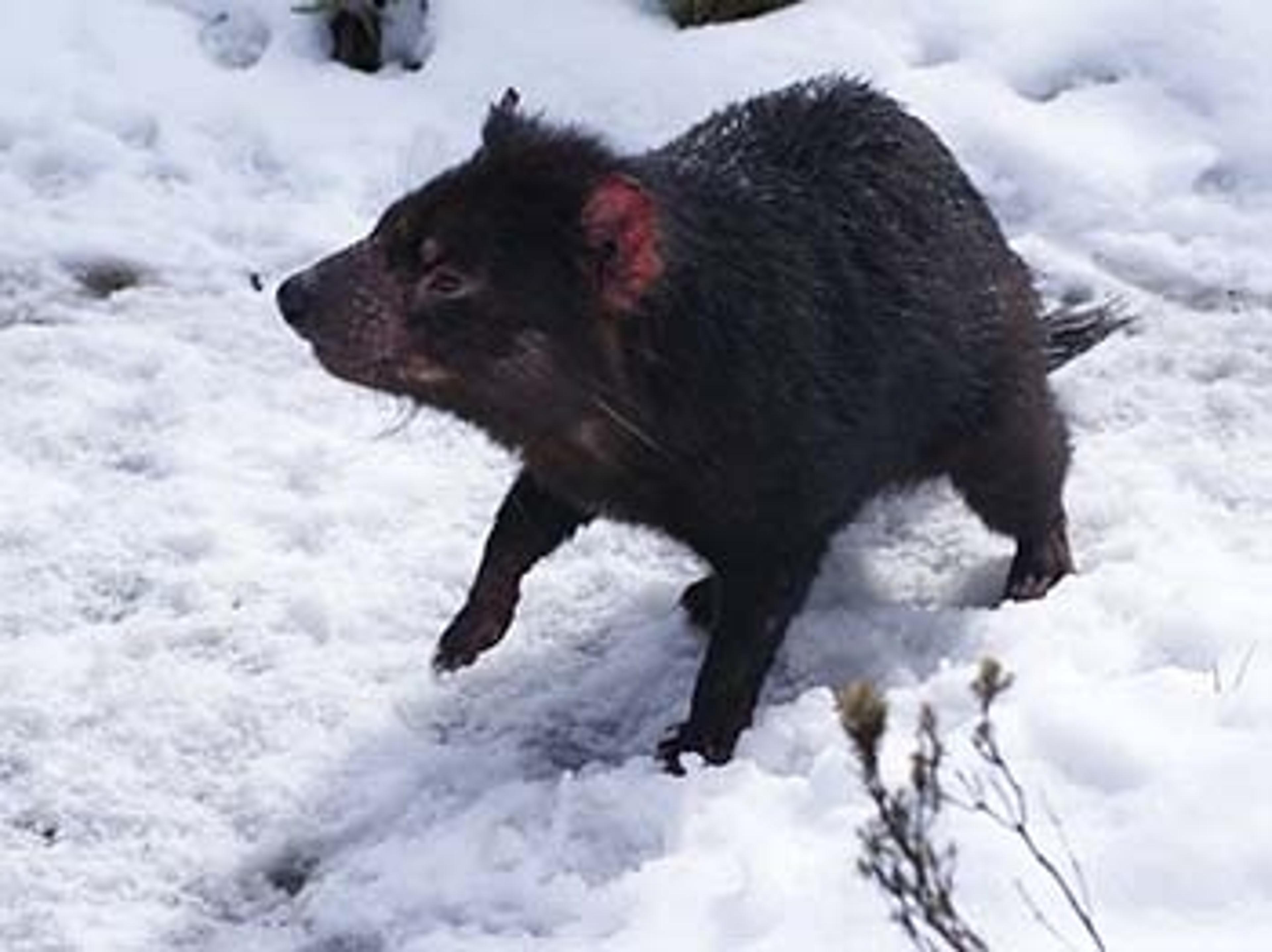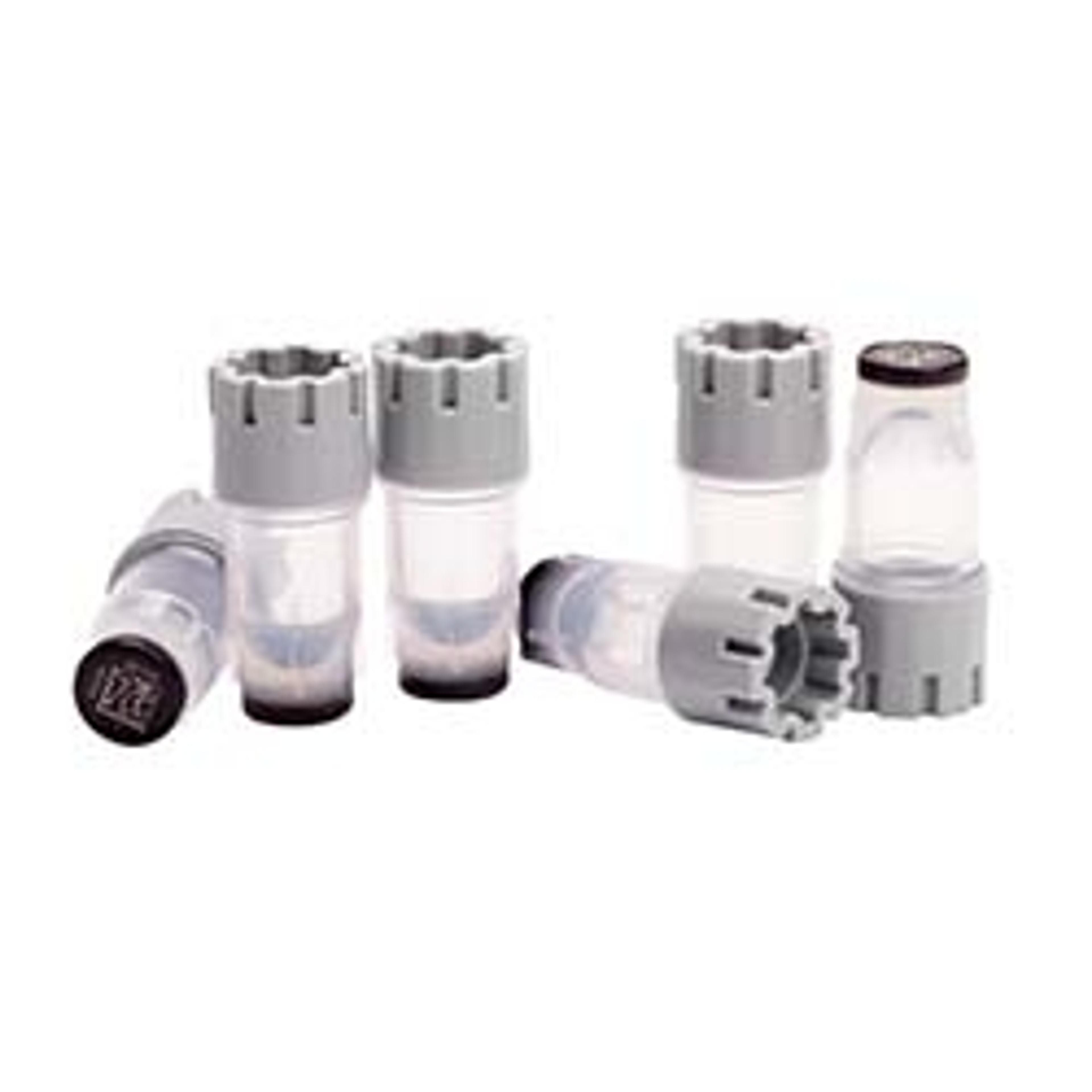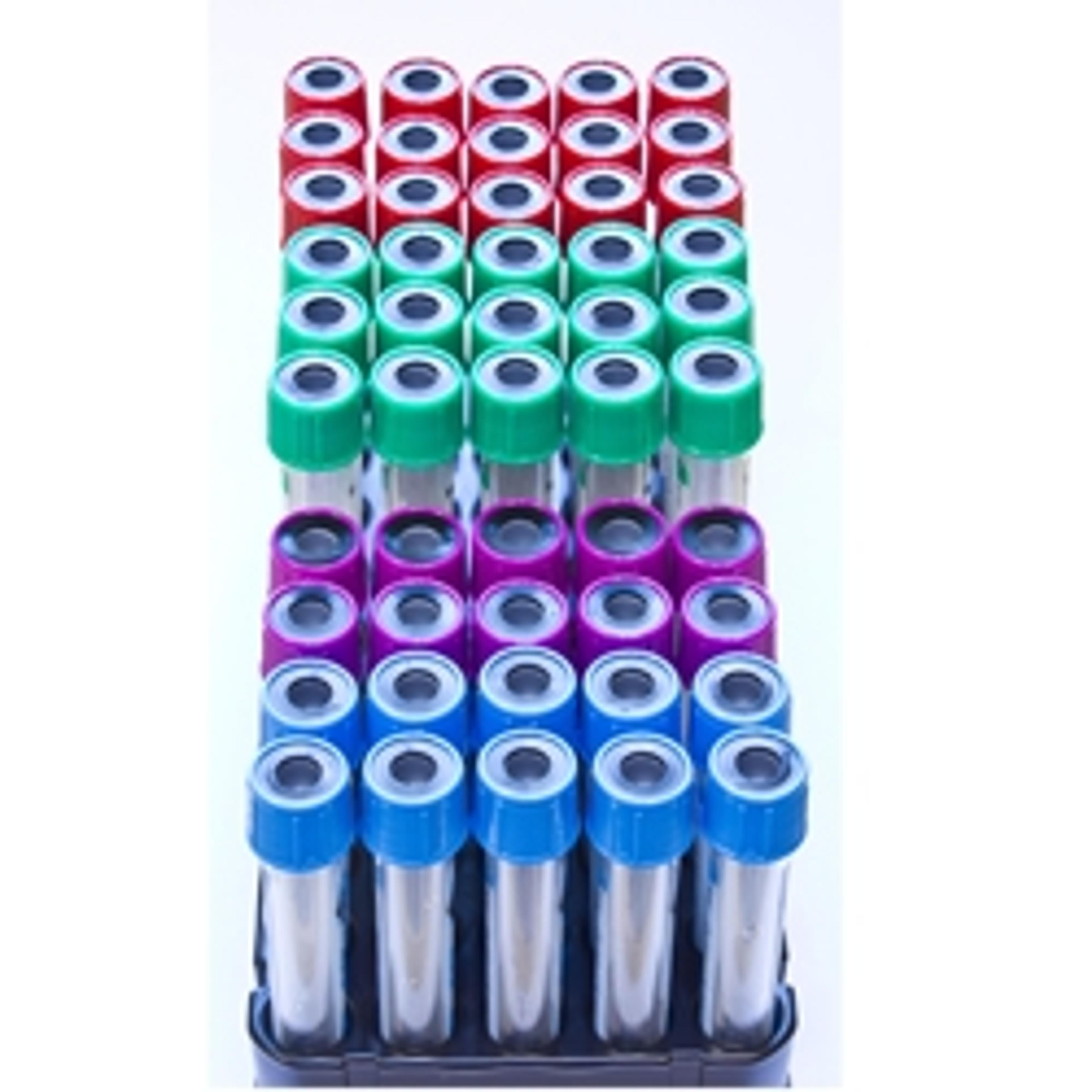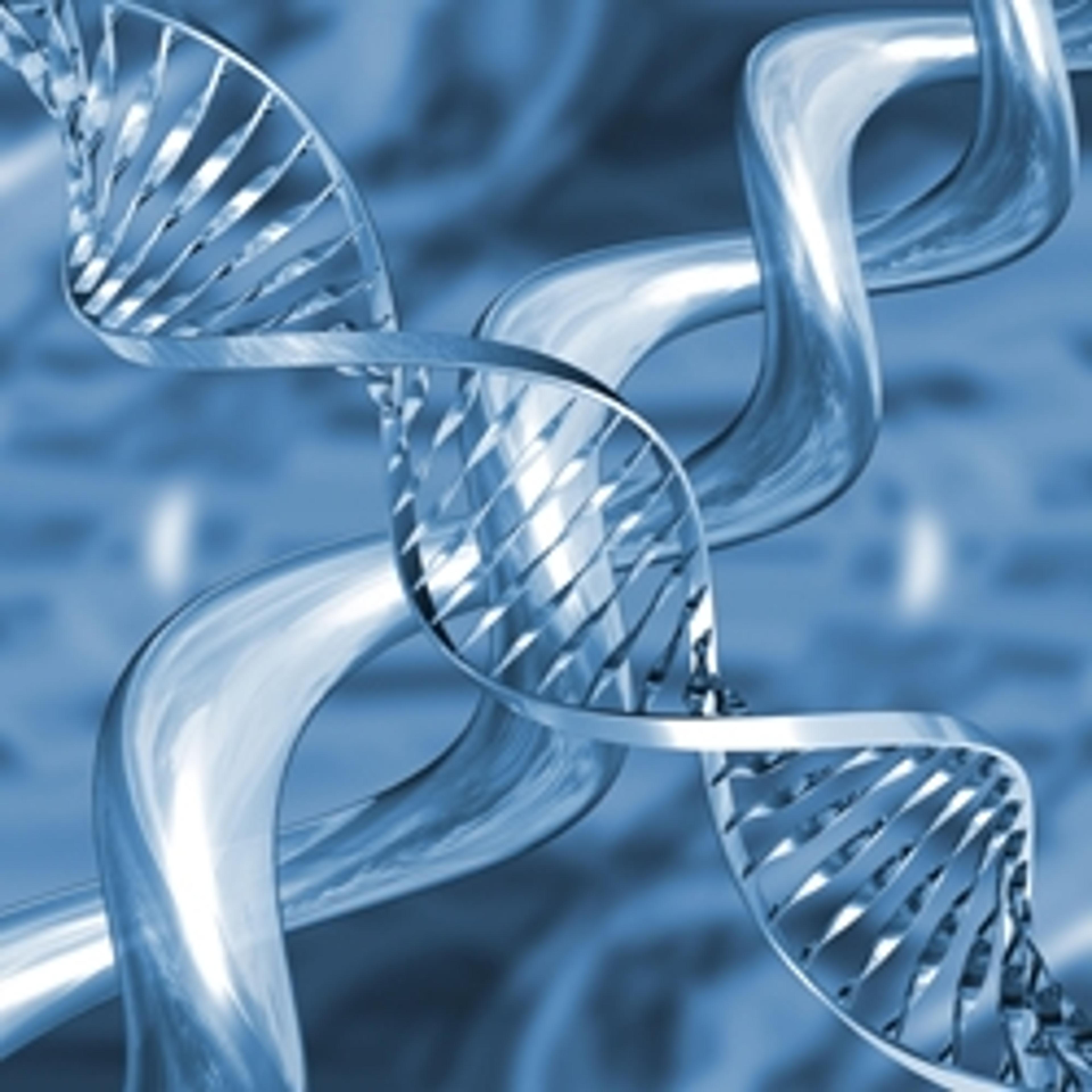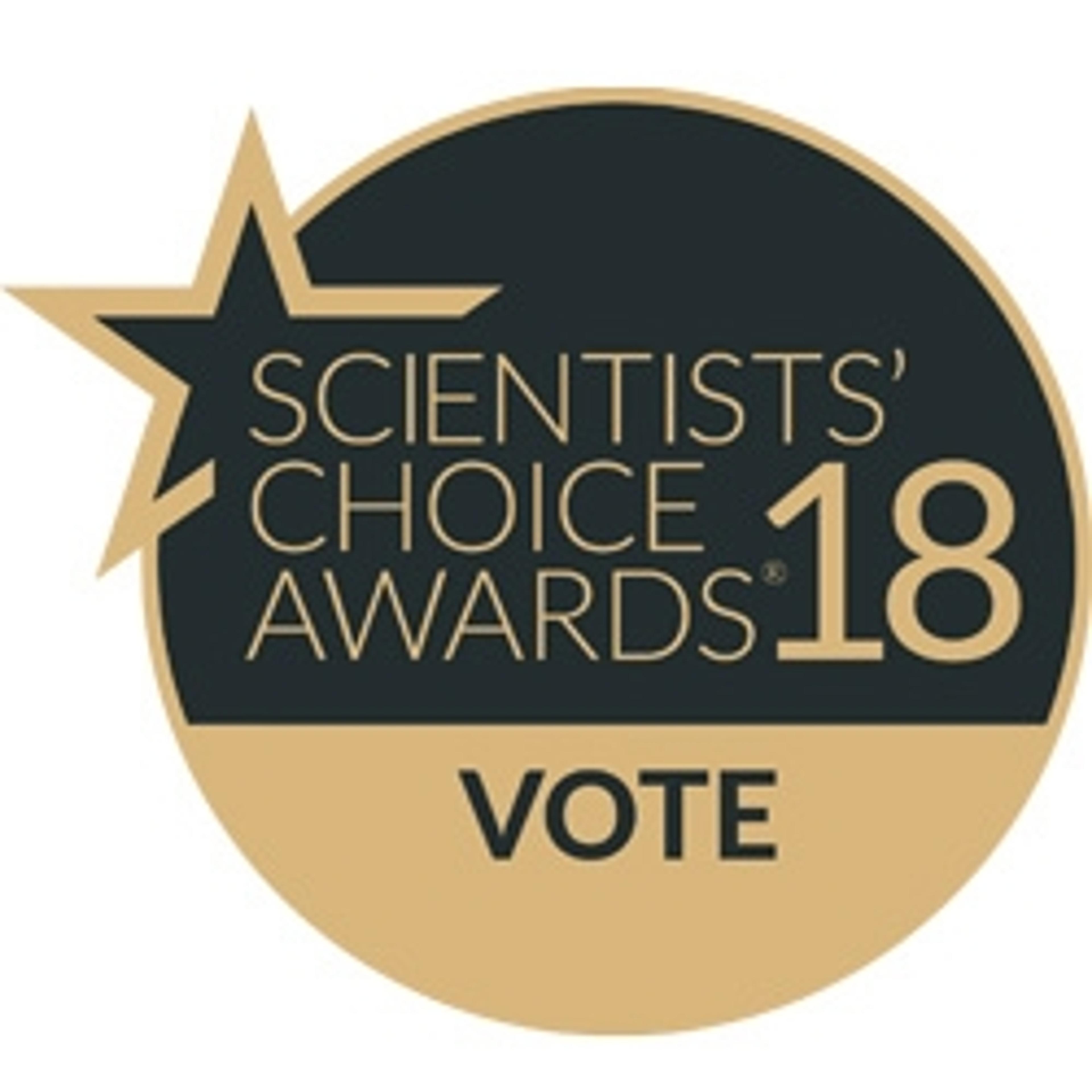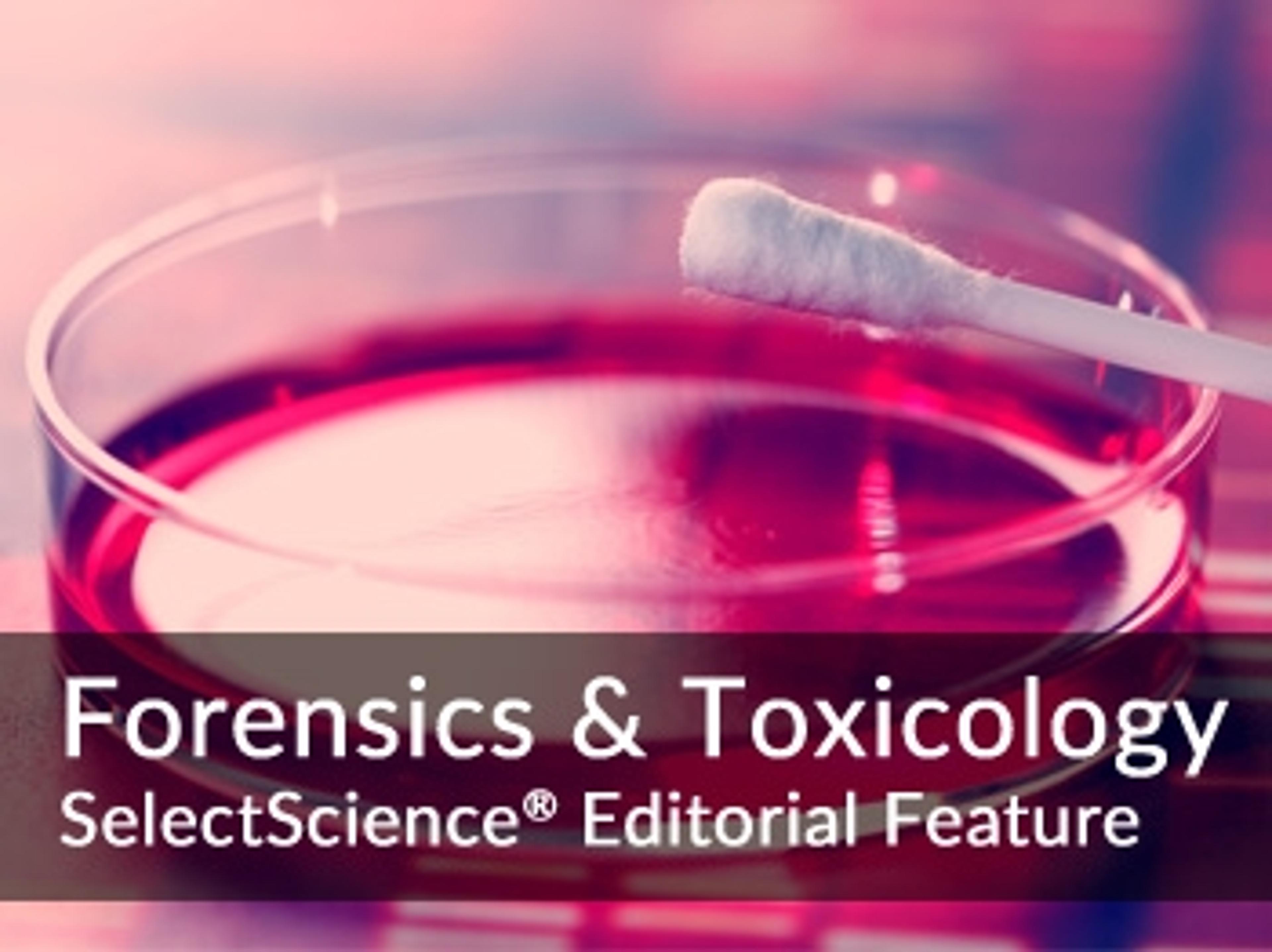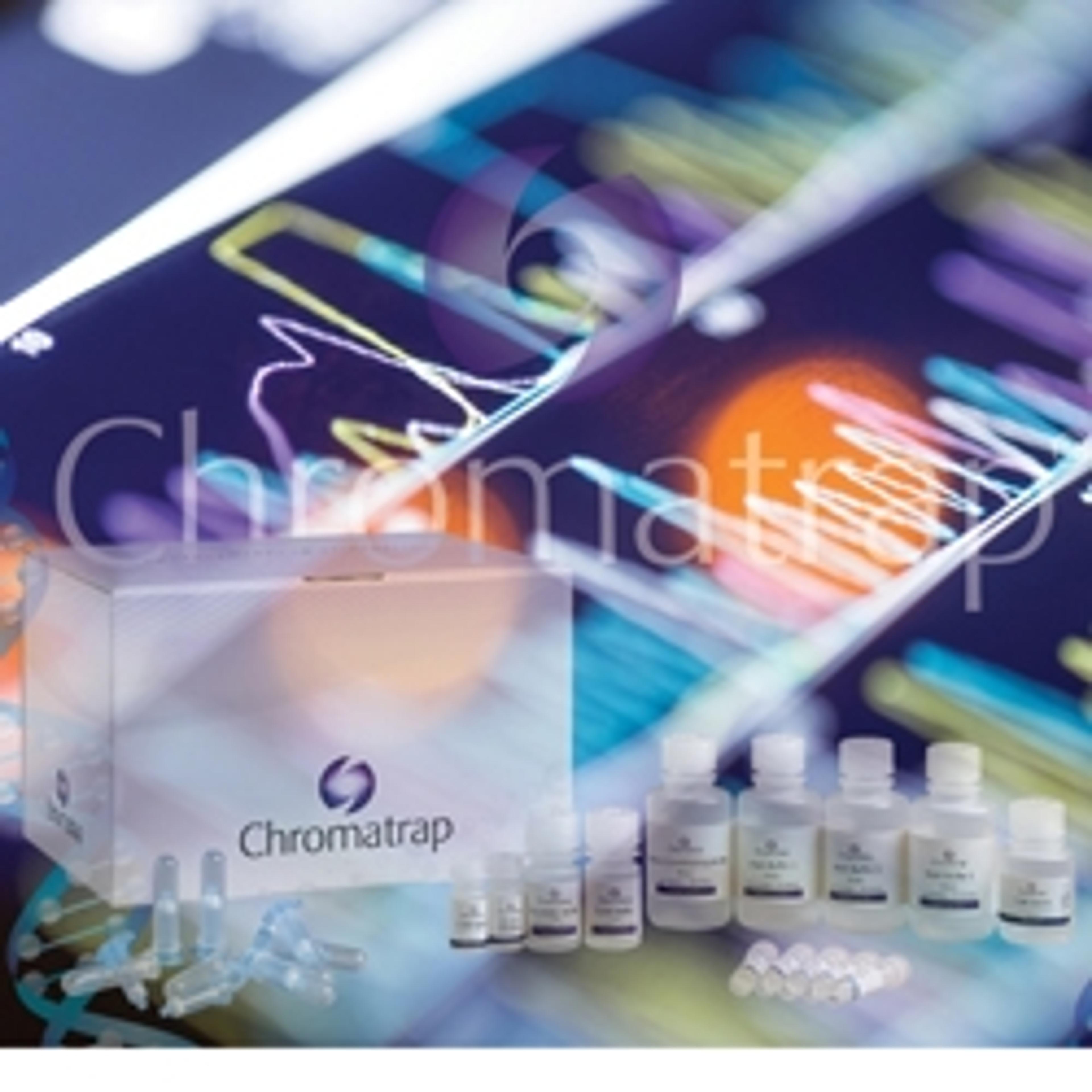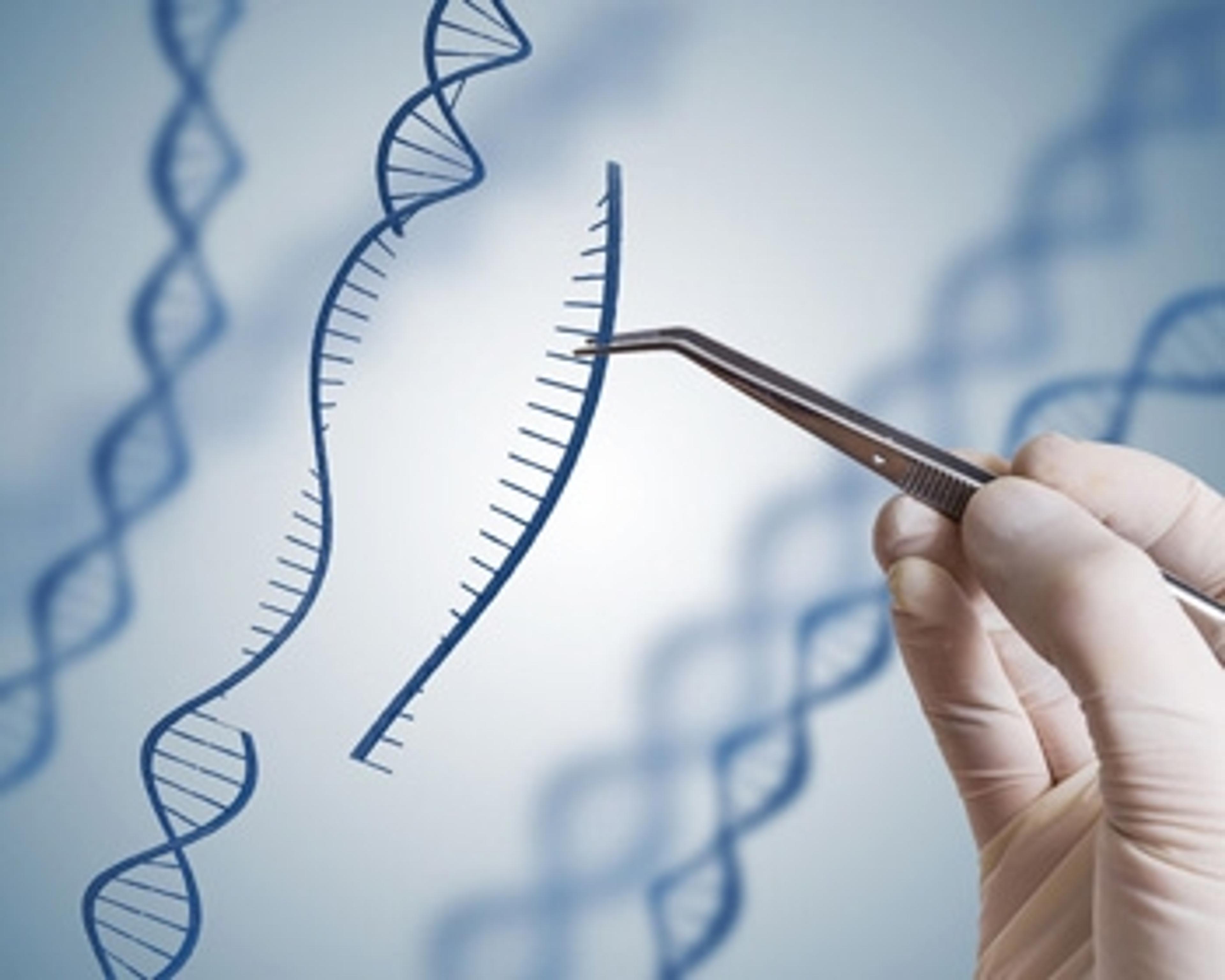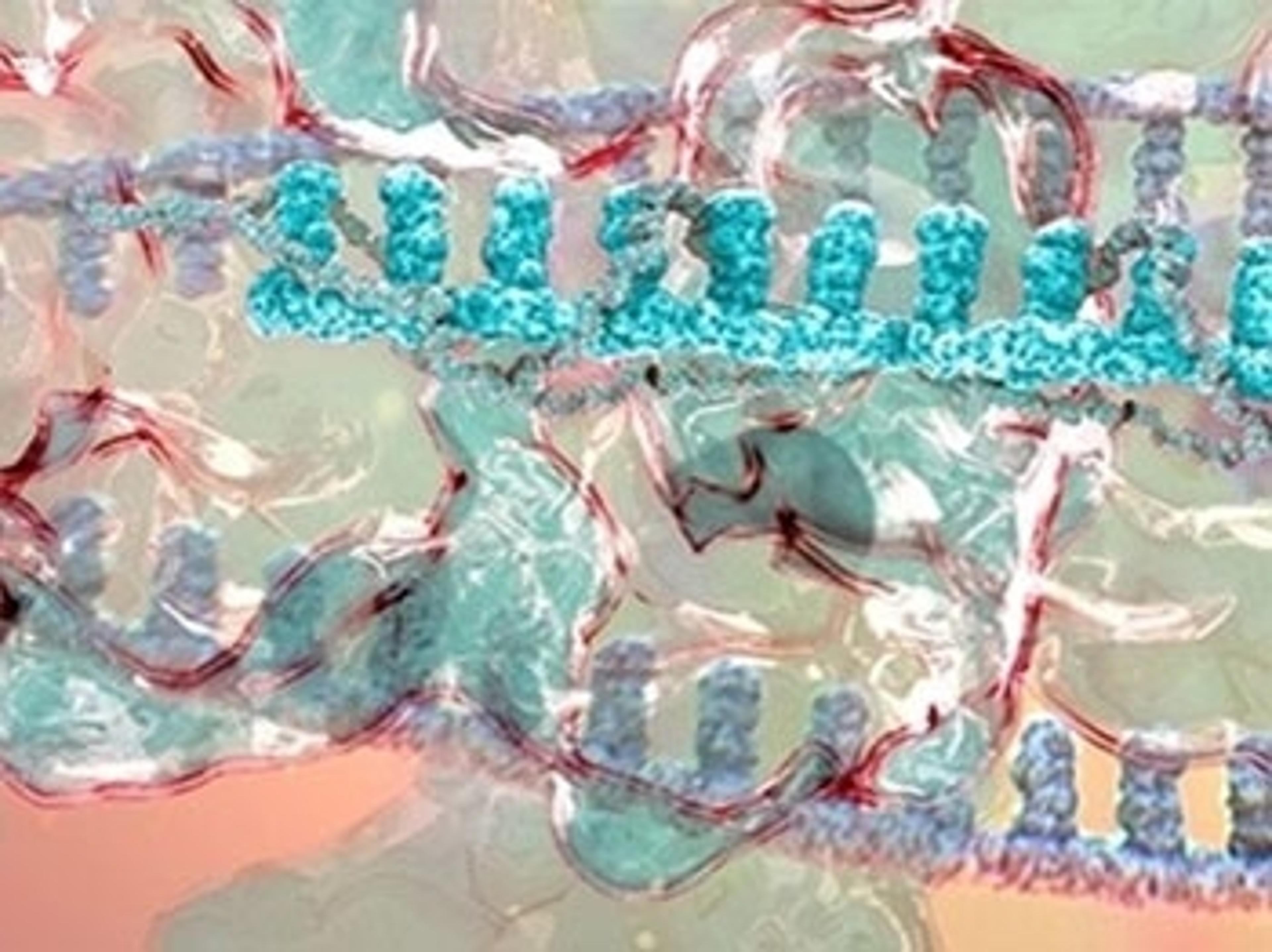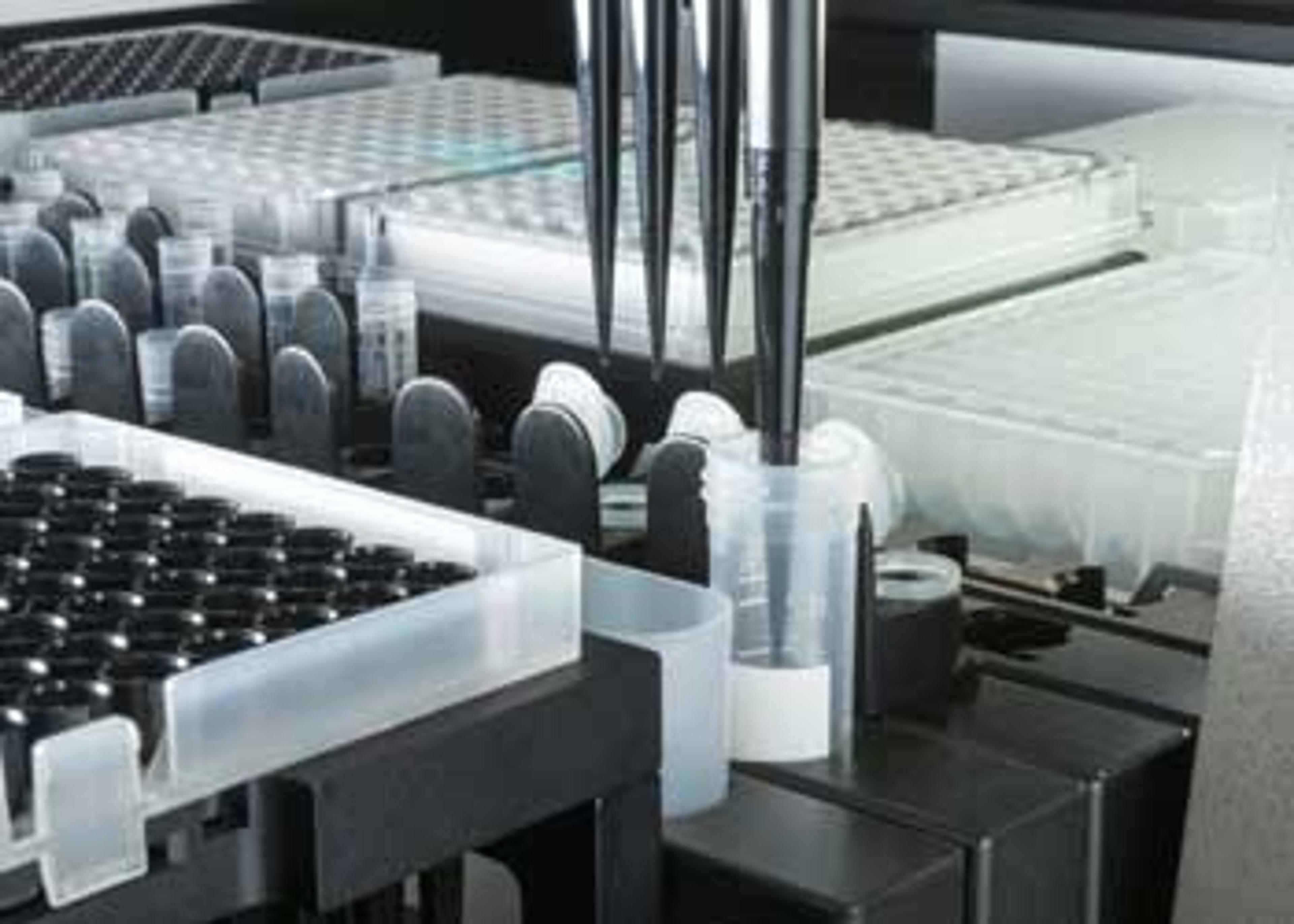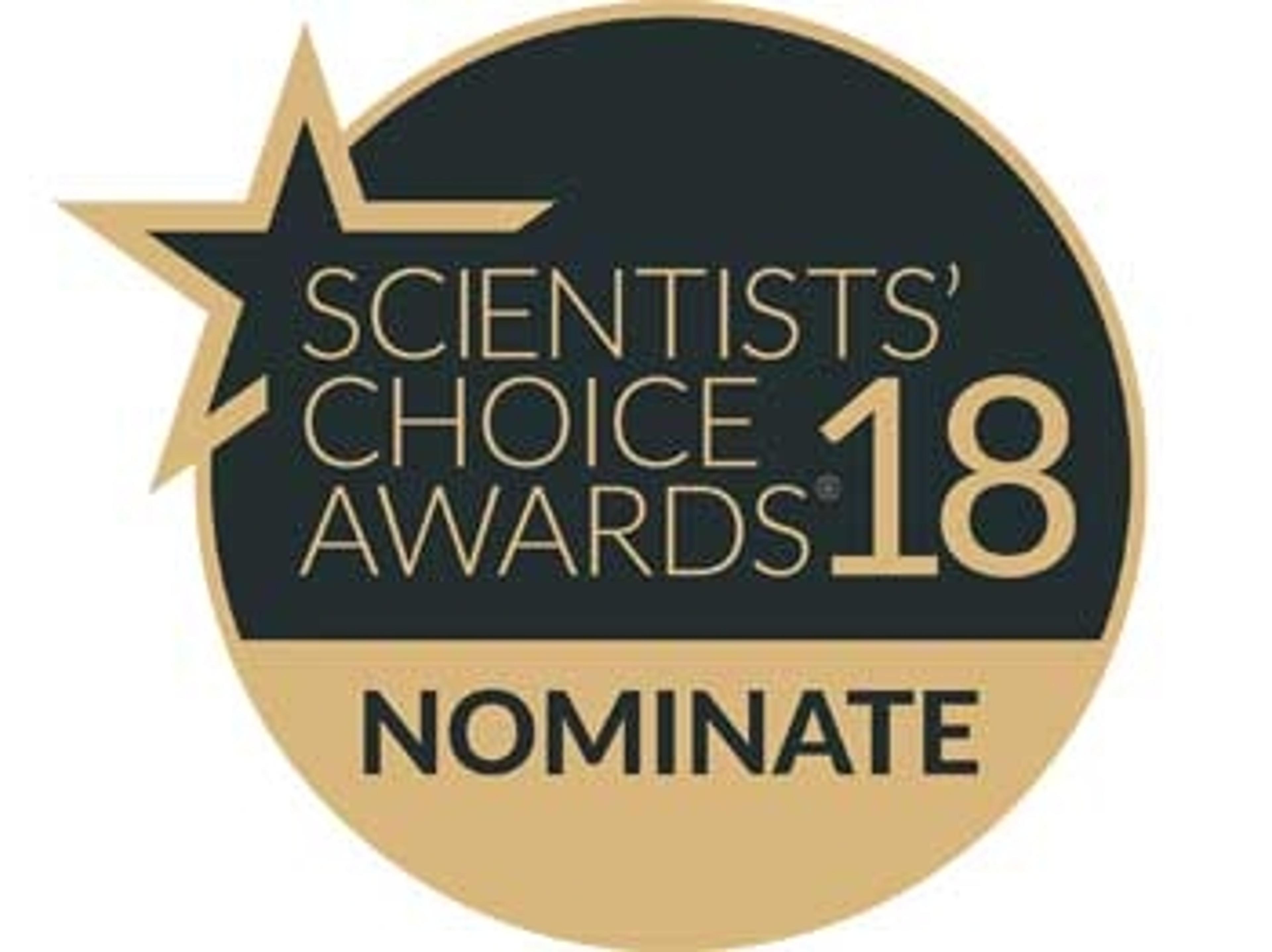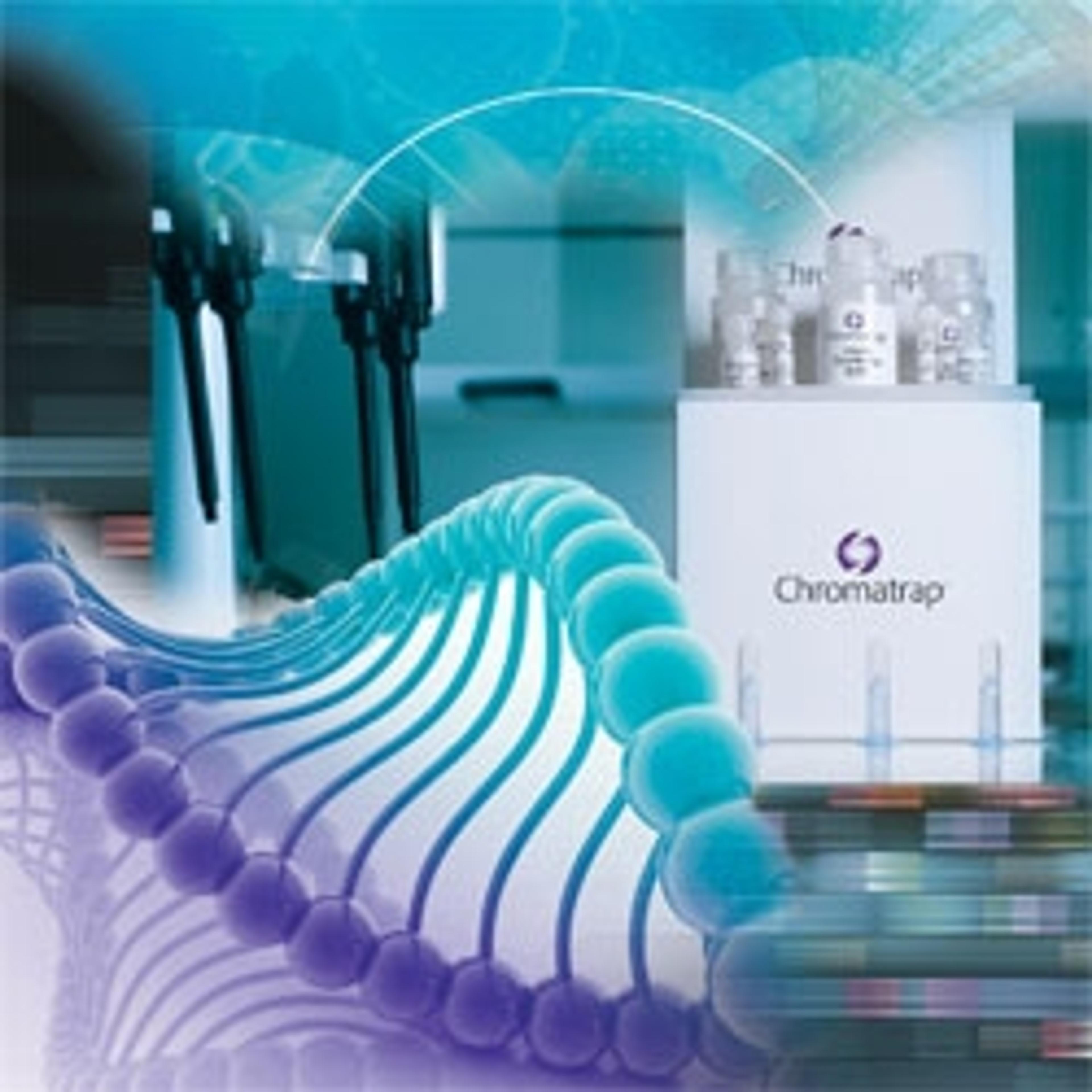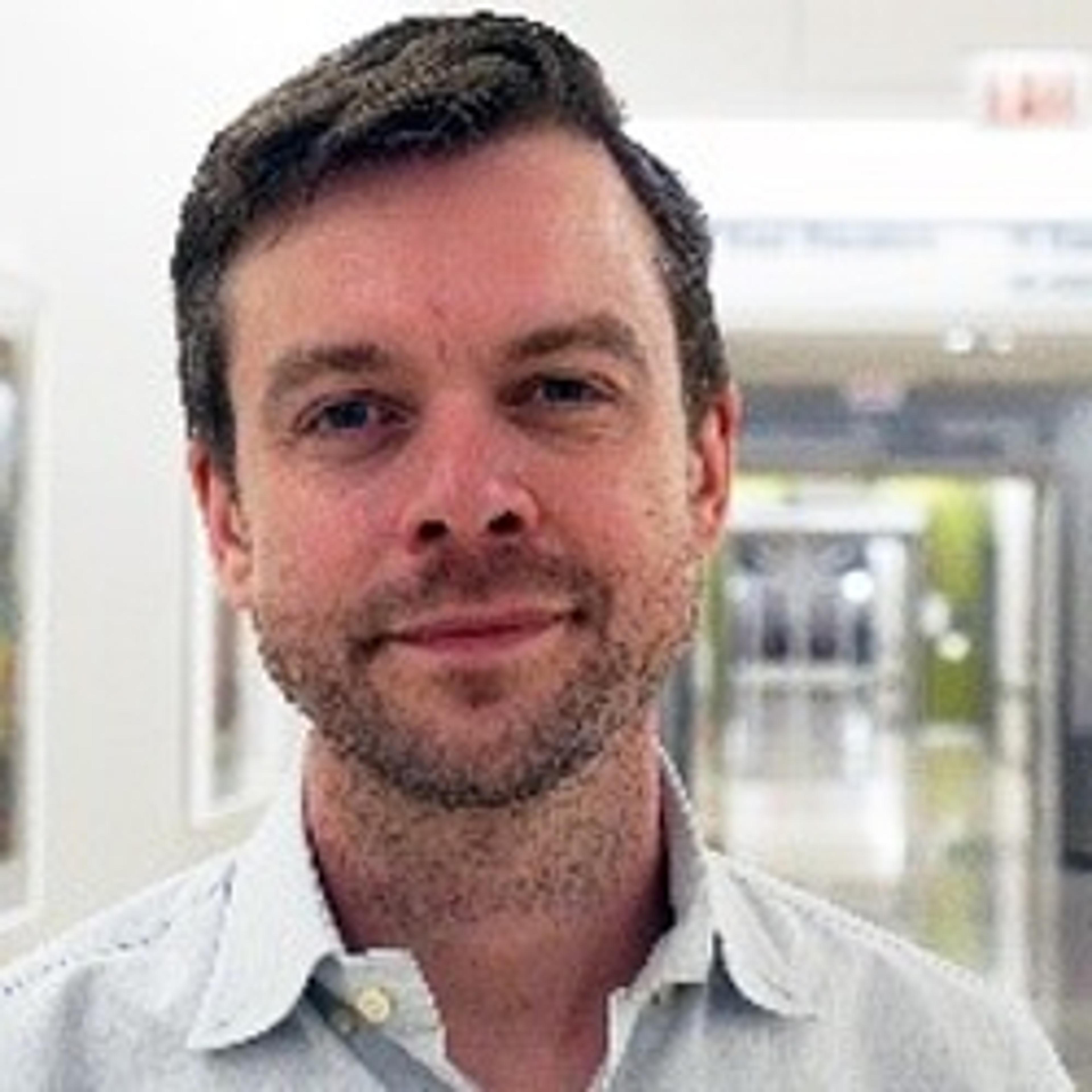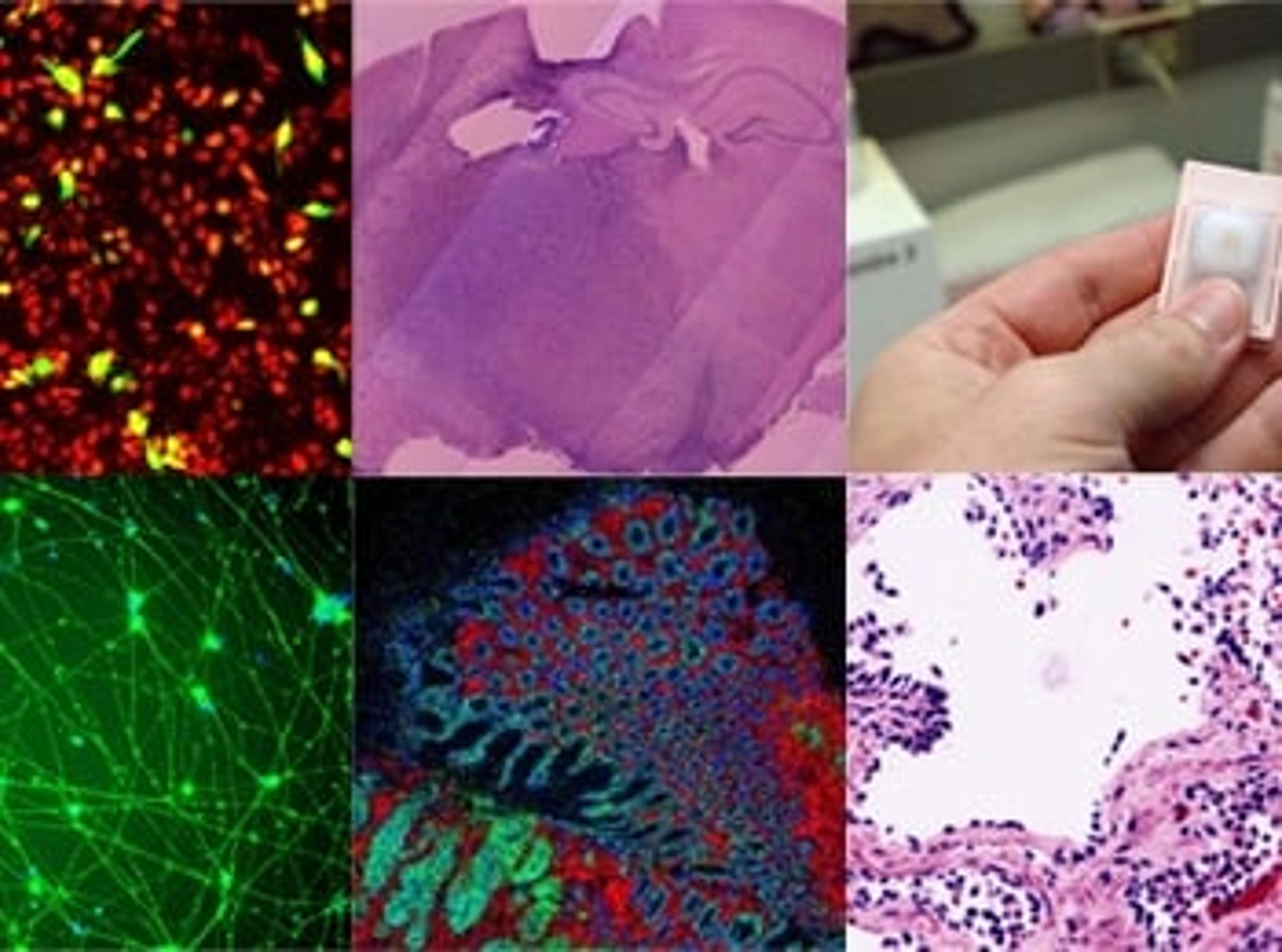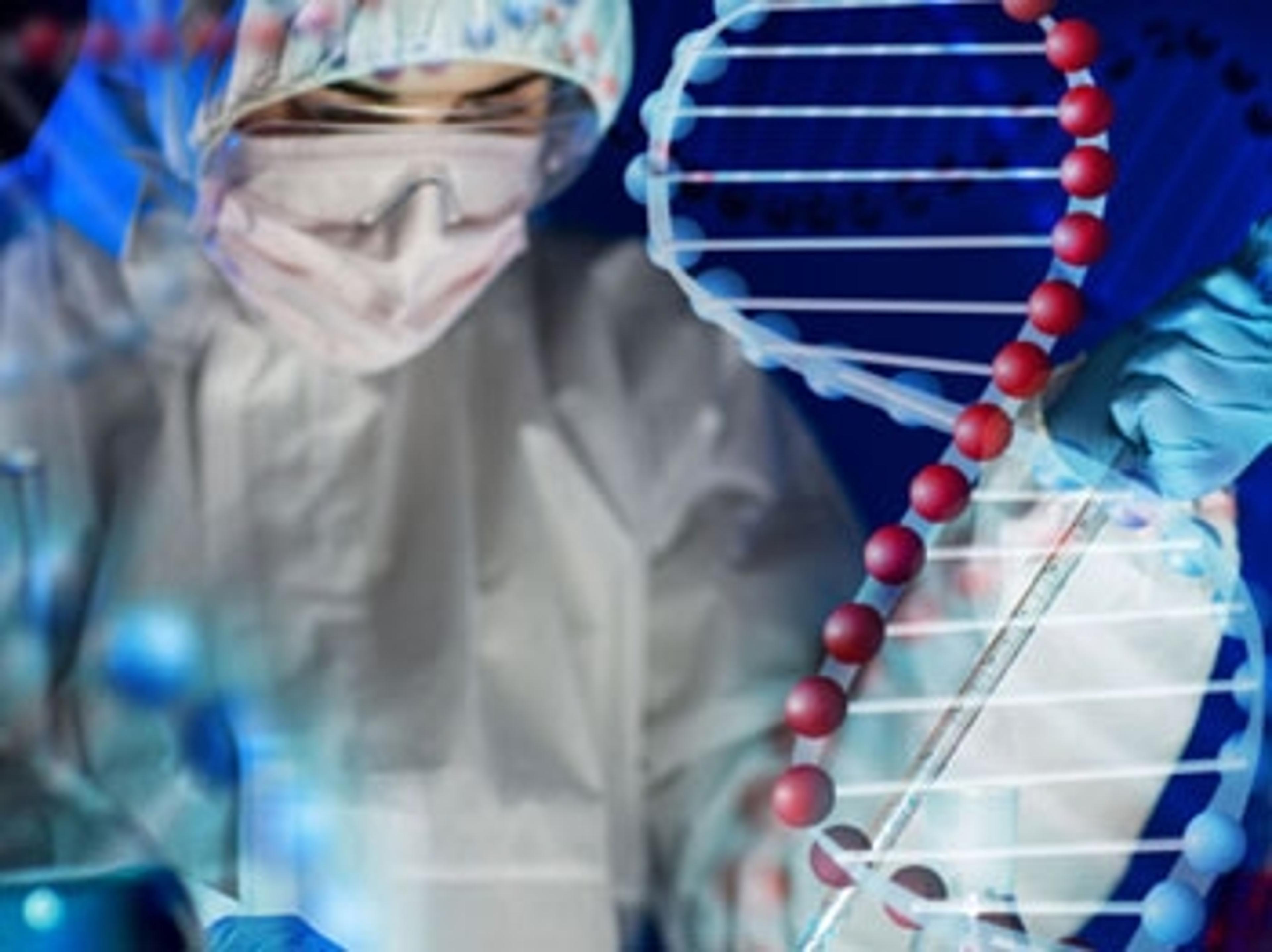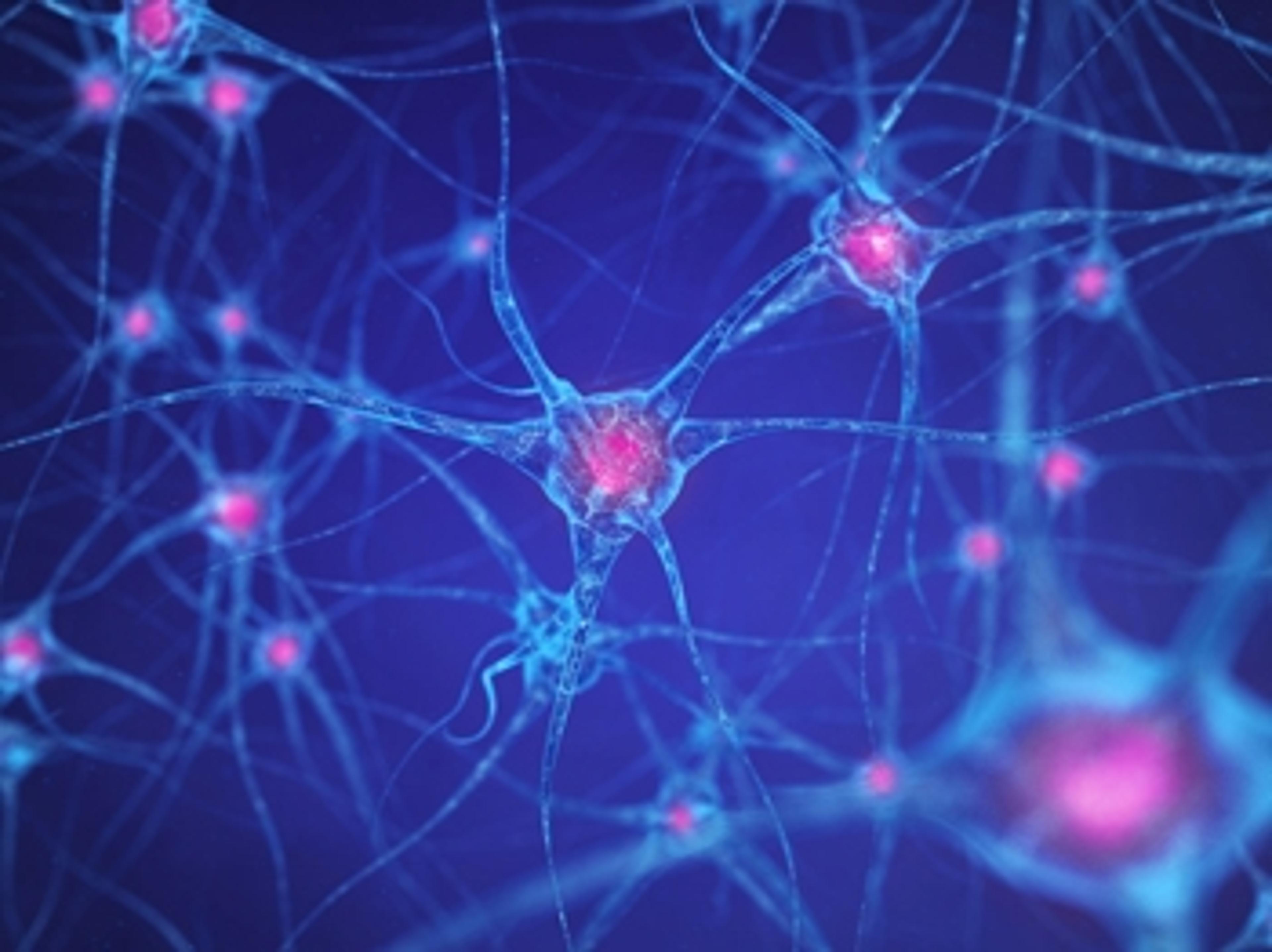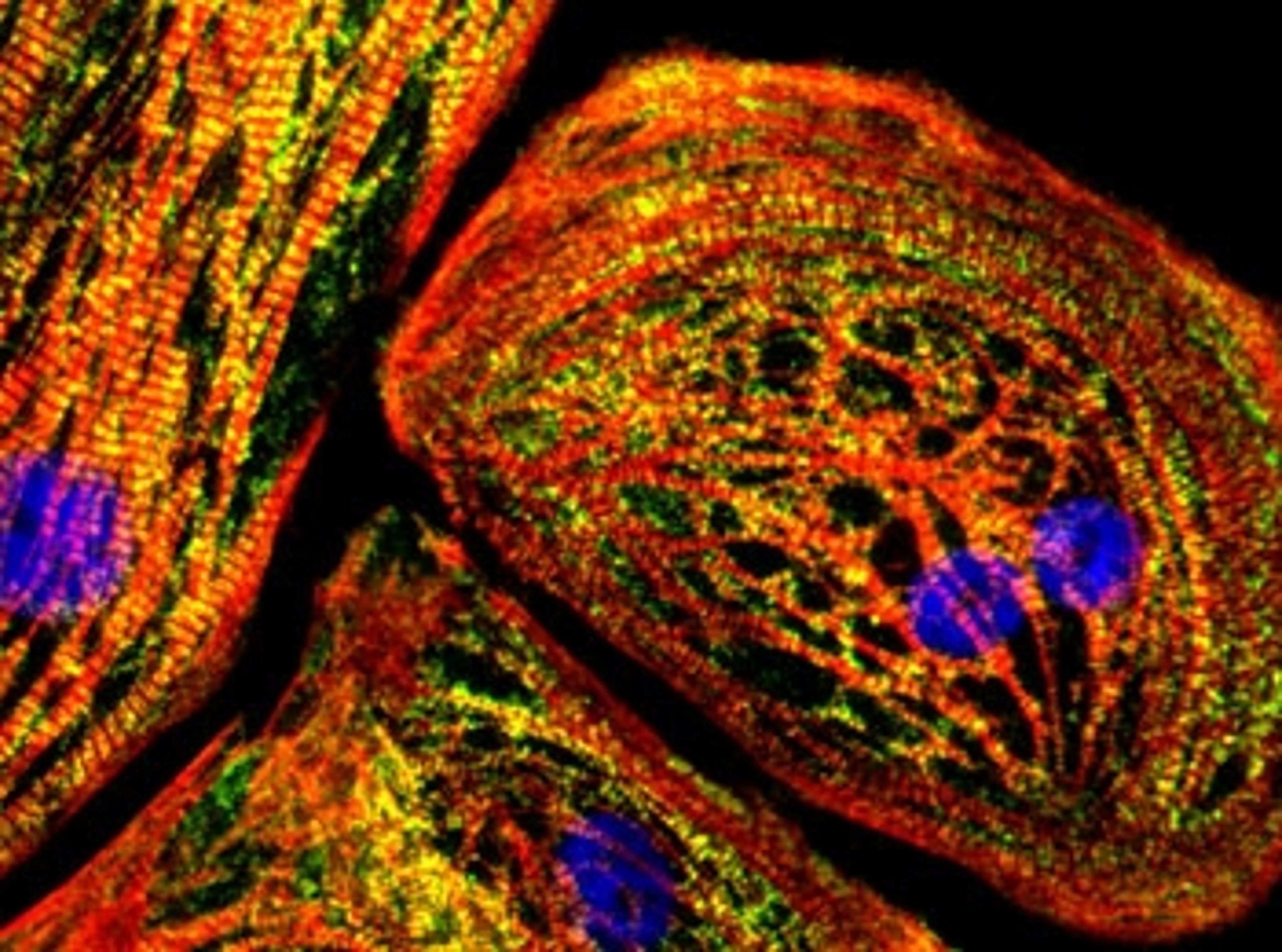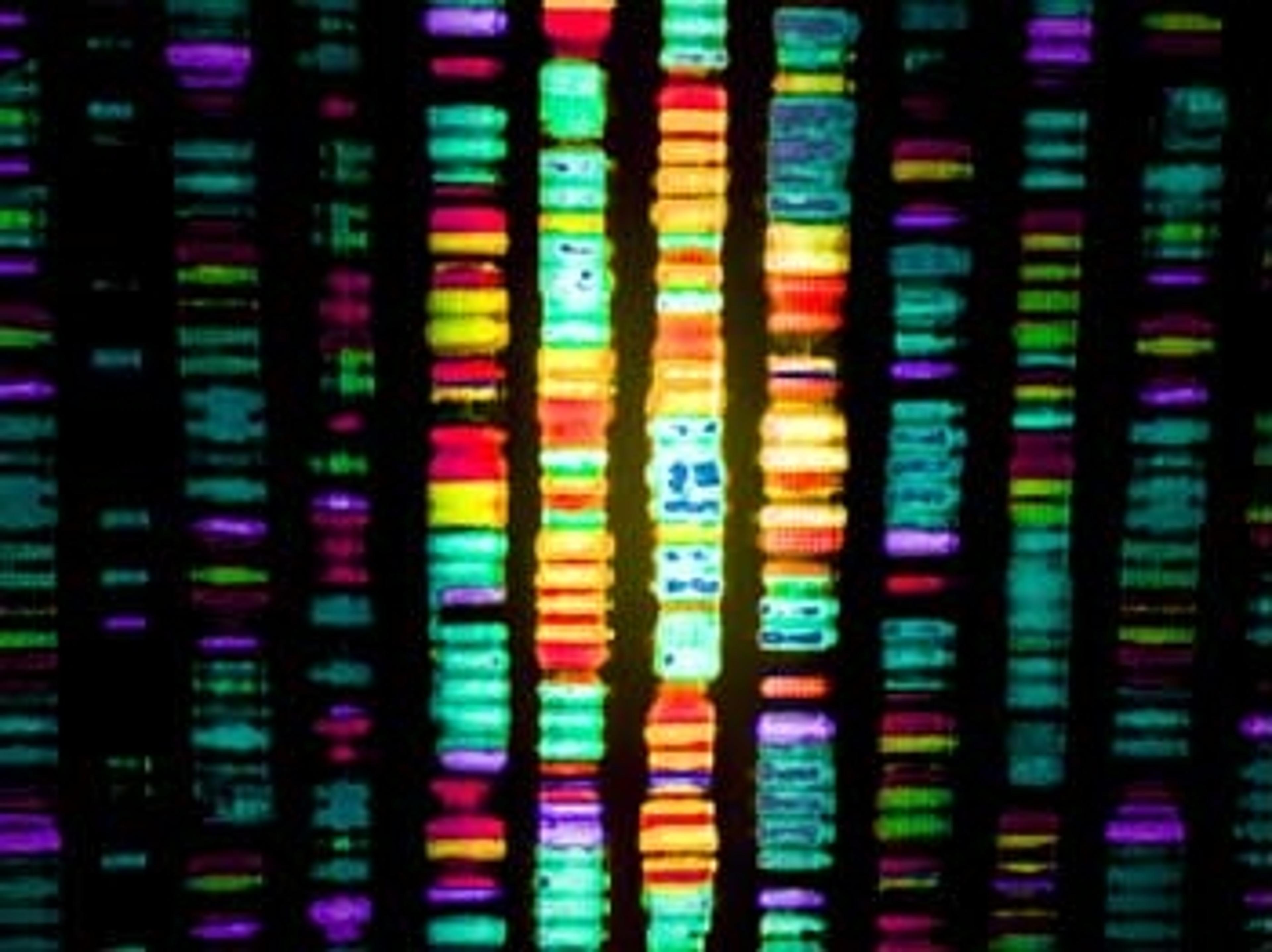News & Articles
Selected Filters:
Using Human Anti-Cancer Drugs to Treat Transmissible Cancers in Tasmanian Devils
New discoveries on devil facial tumor suggest that human cancer drugs may reduce the cancer mortality rate of Tasmanian devils - an endangered species naive to the Australian island of Tasmania
Combining CRISPR and DNA Barcoding to Track Cancer Growth
A novel technique developed by Stanford scientists will transform cancer research from years of painstaking work to a task accomplished in months
Micronic Releases New Tube Designed for Low Volume Genomics
New 2D tube with external thread from Micronic provides a simpler way to build your genomic libraries
NGS-Based MammaPrint BluePrint Kit Enhances Access to Personalized Treatment for Breast Cancer Patients in Europe
New RNA-sequencing kit will improve treatment management decisions for breast cancer patients
Hundreds of Genes Linked to Intelligence in Global Study
More than 500 genes linked to intelligence have been identified in the largest study of its kind
Vote Now for the Best New Life Sciences Product of 2017 in the Scientists’ Choice Awards
To be in with a chance of winning a $500/£400/450€ Amazon voucher, just tell us which new product, instrument or consumable made the most difference to your lab in 2017
What's Hot in Forensics and Toxicology - Special Feature
From rhinos to chemical warfare agents, we bring you the latest in forensics and toxicology
New Tools to Streamline ChIP-Seq Library Preparation
Porvair Sciences announces the launch of UniqSeq - a new ChIP-Seq library preparation kit
The CRISPR Revolution: Changing Life
Learn from the latest research trends in this gene editing conference
Automating ForenSeq™ DNA Signature Prep Kit for Forensic Genomics Applications with ID NIMBUS®
Automated next-generation sequencing (NGS) solution increases efficiency and reduces manual intervention for up to 96 samples per day
Scientists’ Choice Awards Nominations Open for Best New Life Sciences Product of 2017
Which new product, instrument or consumable has made the most difference to your lab? Nominate now for a chance to win a $500 Amazon voucher
The Burglary Microbiome Project: Detecting Personal Microbiome Signatures at Artificial Crime Scenes
Professor Jack Gilbert, Director of the Microbiome Center at the University of Chicago, explores the value of exploiting personal microbiomes to solve crime
10 Best Life Sciences Interviews of 2017
From cancer cells to ocean microbes to Zika virus: Read the interviews that made the most impact in 2017
Preventing DNA Contamination: Tackling the Phantom of Heilbronn Legacy with Eppendorf
Failures brought to light by botched police investigation have led to tough new requirements for the manufacturers of DNA analysis products
Free Webinar - Comparative Analysis of FFPE-Derived RNA: A Novel Relationship Between RNA Quality and Sequencing Results
Learn how to optimize FFPE sample preparations to enable successful downstream assays
Brain Map Sheds Light on Why Smokers Might Develop Habit
Smokers may be predisposed to their habit because of the molecular make-up of their brain, research suggests.
Ultra-Sensitive Digital Method Detects Rarest of Genome Mutations
Dr. Bruce Conklin, UCSF, discusses the potential of genome engineering as a therapy for genetic diseases
Science to Save Halloumi Cheese
Scottish scientists have joined a Europe-wide bid to secure the future supply of Cyprus' finest food export - halloumi cheese.


